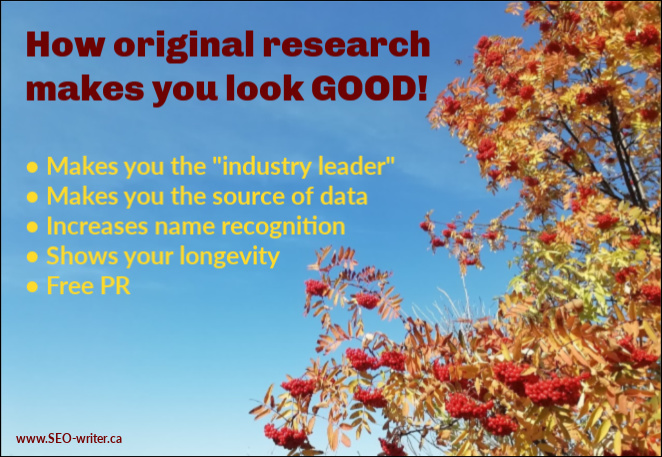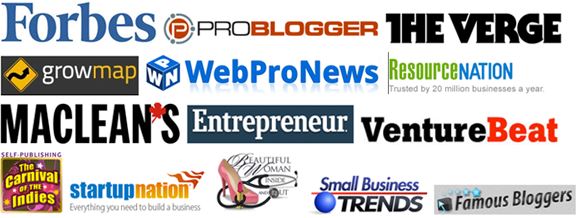If you really want to grab the attention of the media, bloggers and influencers, conduct your own original research. Be the source that others quote.
I’ve been meaning to write this post for a while. Several years ago, I noticed a story on choosing airplane seats. Some people like the back. Some prefer the front. Some like the aisle. Some prefer the window.
The data came from an airline. The clever PR folks at the airline had sifted through bookings and determined the exact percentage of people with various preferences.
This is not earth-shattering news. But it is the type of thing people are curious about. People love to compare themselves to others. It’s elementary storytelling.
I, too, was curious. I wanted to see how successful this approach was. So I did a quick search, and I was amazed about how many news outlets and other websites had picked up on this news release. Of course, they all included some version of “According to AIRLINE NAME…”
Needless to say, this was amazing publicity for the airline. Because it was its data gleaned from its customers, every news outlet cited this one company as the source of the information.
This 2014 story from UK airline EasyJet is not the one I’m referring to, but it follows the same process. In this case, the story helps reinforce the no-frills airline’s branding message:
EasyJet says seventh row seats on its short haul routes are typically offered at rock-bottom rates of just a few dollars, hence their popularity.
It’s something I’ve seen over and over again. It’s not just the free publicity and name recognition, which is plenty enough. It’s how the company is viewed. As the source of the information, the company is seen as the expert – the industry leader. It is somehow seen as more knowledgeable than competitors. You can trust what it says.
Garth Brooks rocks Regina…and economic data!
I was reminded of this yet again when I saw a CTV story about Garth Brooks a couple months ago. Here are a few choice lines from the story:
The study, released by Saskatchewan-based Praxis Consulting Ltd., makes economic impact predictions for both the local and provincial economies.
Praxis predicts revenues and expenses combined with tourist spending will result in $19.2M to $21.8M in gross economic activity provincially. The event is also predicted to add $7.3M to $8.7M in provincial Gross Domestic Product (GDP) and $ 4.6M to $5.6M in local GDP.
What a way to turn a huge entertainment event into a shining example of your consulting capabilities. As original research, any legitimate media outlet has to mention the source of the data. In so doing, the media tells your story.
This is a tactic a lot of large online marketing firms use. Hubspot is perhaps most famous for this, with its own research team. I can’t count the times I’ve seen Hubspot research mentioned in other blogs.
Original research ideas you can use
Internet marketing data is perhaps the most pervasive, because it’s so easy to collect. But consumer research and business-to-business data is more valuable, for the very reason that there is so very little around. Here are a few ideas.
For a restaurant chain (or even a single local restaurant): what are the most popular categories ordered? Just how popular are vegetarian options? Are there year-over-year trends?
For an HVAC company: how has heating power has changed over the years?
For an engraver: What are the most popular names, and how do they compare over the years?
By the way, do you see a pattern? When you provide trend data, showing how something has changed over the years, you are subtly pointing out that your company is not the new kid on the block. The message readers get is that you have been around. You have stood the test of time. You are reliable.
Original research is one of the most powerful forms of promotion you can use. What story can your data tell the media?
* PHOTO: somewhere by the roadside in Gaspésie










I have always believed this is the way to succeed.
Thanks for the share!